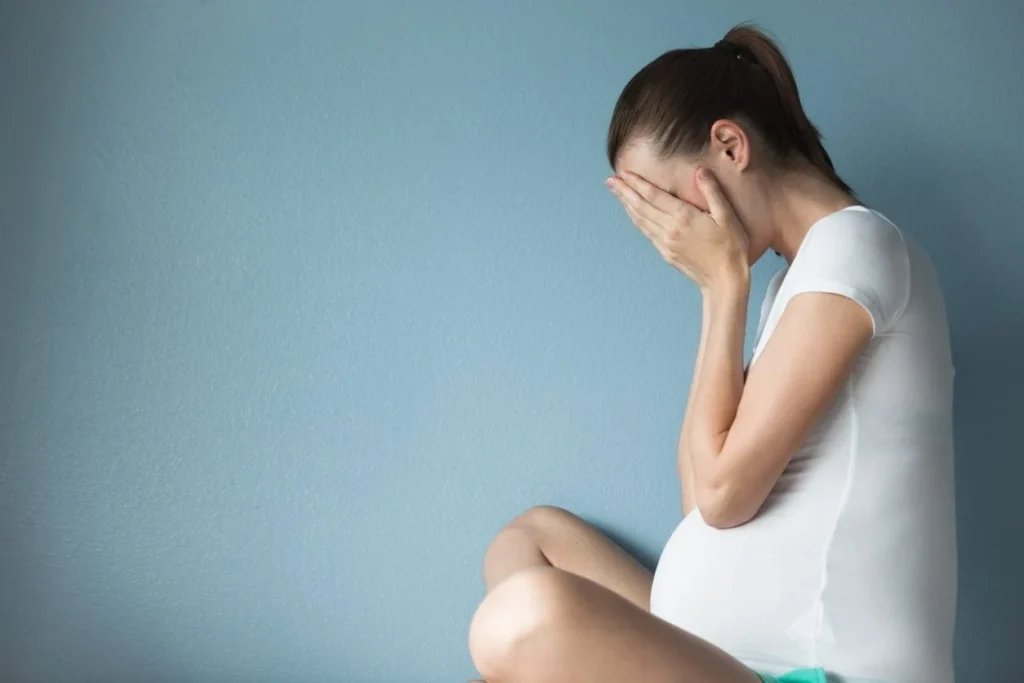
The relationship between abortion and mental health has been a subject of extensive research and debate. A particular focus has been on whether undergoing an abortion can lead to post-traumatic stress disorder (PTSD) or PTSD-like symptoms. Understanding this connection requires a careful examination of scientific evidence, as well as consideration of individual experiences and contextual factors.
Prevalence of PTSD Following Abortion
Research indicates that the prevalence of PTSD among women who have had abortions is relatively low. A study published in BMC Women’s Health found that few women developed PTSD or post-traumatic stress symptoms (PTSS) after an induced abortion, and the majority of those who did had prior trauma experiences unrelated to the abortion itself.
bmcwomenshealth.biomedcentral.com
Similarly, a study from the University of California reported that while 40% of women who had undergone an abortion experienced one or more symptoms of PTSD, only 16% met the diagnostic criteria for PTSD.
frontiersin.org It’s important to note that experiencing some symptoms does not equate to a full PTSD diagnosis, and these symptoms can result from various factors, not solely the abortion procedure.
Debunking the Concept of Post-Abortion Stress Syndrome
The term “Post-Abortion Stress Syndrome” (PASS) has been used to describe a range of emotional and psychological symptoms purportedly resulting from abortion. However, major medical and psychological organizations, including the American Psychological Association, do not recognize PASS as an official diagnosis. A comprehensive review concluded that abortion does not lead to an increased risk of mental health disorders, including PTSD.
Factors Influencing Psychological Responses
While the majority of women do not develop PTSD following an abortion, individual experiences can vary based on several factors:
- Pre-existing Mental Health Conditions: Women with a history of mental health issues may be more susceptible to experiencing psychological distress after an abortion.
- Personal Beliefs and Stigma: Cultural, religious, or personal beliefs about abortion can influence emotional responses. Women who internalize societal stigma or feel conflicted about their decision may experience heightened distress.
- Support Systems: Access to supportive relationships and counseling can mitigate negative emotional outcomes. Women lacking support may feel isolated, increasing the risk of psychological distress.
Conclusion
The connection between abortion and post-traumatic stress is complex and influenced by various individual and contextual factors. While some women may experience symptoms of distress following an abortion, the majority do not develop PTSD as a direct result of the procedure. Recognizing the diverse experiences of women and providing appropriate support and counseling can help address the emotional needs of those who may be vulnerable to psychological distress after an abortion.